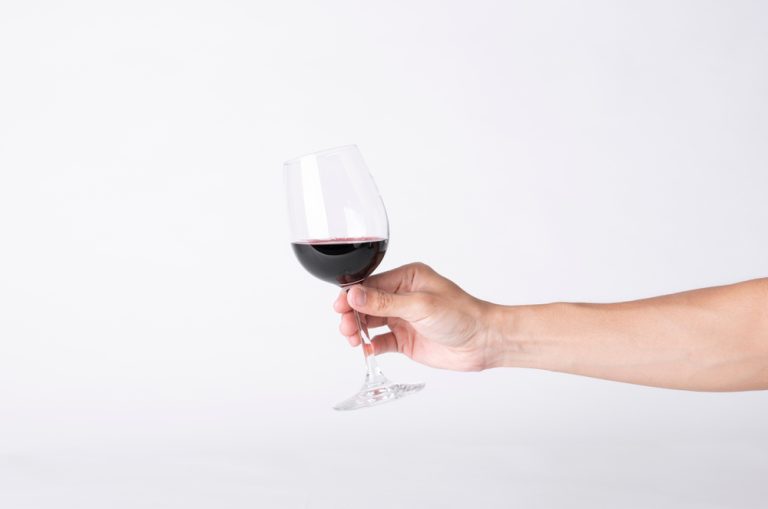If it seems like being sober is all about letting go, bear in mind this doesn’t mean you will be alone. With less toxicity in your life, you open space for building healthy relationships that are genuinely supportive and nourishing. Toxic relationships are those in which you feel unheard, misunderstood, unsupported, demeaned, unsafe, or attacked. Both old habits and unhealthy relationships can trigger those negative emotional states that may increase the risk of relapse. Building a support network can take time, but the efforts are worth the benefits of having the right people in your life for your sobriety journey. Building a support network is one of the best things you can do to build a strong foundation for sober living.
Alcohol is not good for the body, but it can have a severe impact when an individual with AUD starts drinking again. When alcohol enters the body, the brain, heart, 6 Unbelievably British Easter Traditions liver, and pancreas can all be affected. Alcohol “interferes with the brain’s communication pathways, and can affect the way the brain looks and works.
Behavioral Treatment
The “One Week No Booze Method” recently went viral on TikTok and participants are challenged to stop drinking for one week each month. This method adds up to three months a year without alcohol, it could be an option for people who want to continue taking manageable breaks from alcohol beyond Dry January. Staying sober requires a person to dive deeper and begin unraveling why they were using the substance, their triggers for relapse, and how to avoid falling into a pattern of use again.
- If you are trying to maintain a sober lifestyle, those feelings can become toxic and contribute to relapse if you don’t deal with them properly.
- He accepted my offer to become a brand ambassador for Tom Cridland Clothing and, as a result, the business took off.
- However, if they’re still opening and actively consuming substances in your presence, you may still need to separate yourself.
- When I finally walked away from booze at 34, my life opened up.
While some alcoholics progress through the first five stages of recovery in a linear fashion, many do not. It’s more common for people to move back and forth through the stages of change as they tackle addiction. At the preparation stage, alcoholics have decided to make a change, and they are https://en.forexdata.info/mash-certified-sober-homes/ planning to take meaningful steps toward recovery in the near future. At this stage, defense mechanisms are in high gear, and people are reluctant to even acknowledge they have a problem. They may try to avoid the topic of their drinking or minimize the negative impacts of their alcohol use.
Treatment Therapies
If you’re continuing to suffer physical symptoms after two weeks of abstinence from alcohol, consult your healthcare provider. Your symptoms could be caused by other conditions or illnesses. People in recovery continue to report the benefits of not drinking alcohol after 13 days of abstinence. For the vast majority of people, the physical symptoms of alcohol withdrawal have passed by day seven. Quitting alcohol consumption affects drinkers’ sleep patterns differently.

Sober nights are a great way to enjoy a night at a club dancing with friends without the temptation to drink. Many local 12-step groups learn which local bars offer “booze free” nights and share the information at meetings. It’s a great way to enjoy dancing or socializing with friends without substances.
Psychological Effects From Drinking
“Still having cravings and thinking a lot about drinking. I’m so exhausted, though, and nauseated, I would probably get sick if I had a drink. I have noticed the cravings for sugar. Raw sugar snap peas take the edge off that.” “The third day sober feels like I’m in a big black hole and under great pressure—hard to breathe, future feels bleak, lost an old trusted friend in alcohol, can’t find an alternative.” “It’s been really tough, constant inner voice trying to persuade me just the one-night drinking again would be OK. I have just had to surf the urges, keep busy, and use all my strength.” “Doing OK. No major symptoms. This is to let folks know that not everyone has severe physical symptoms.” “Last night was horrible. I was soaking wet with sweat, I jumped a few times in my sleep, and I had very vivid dreams.”